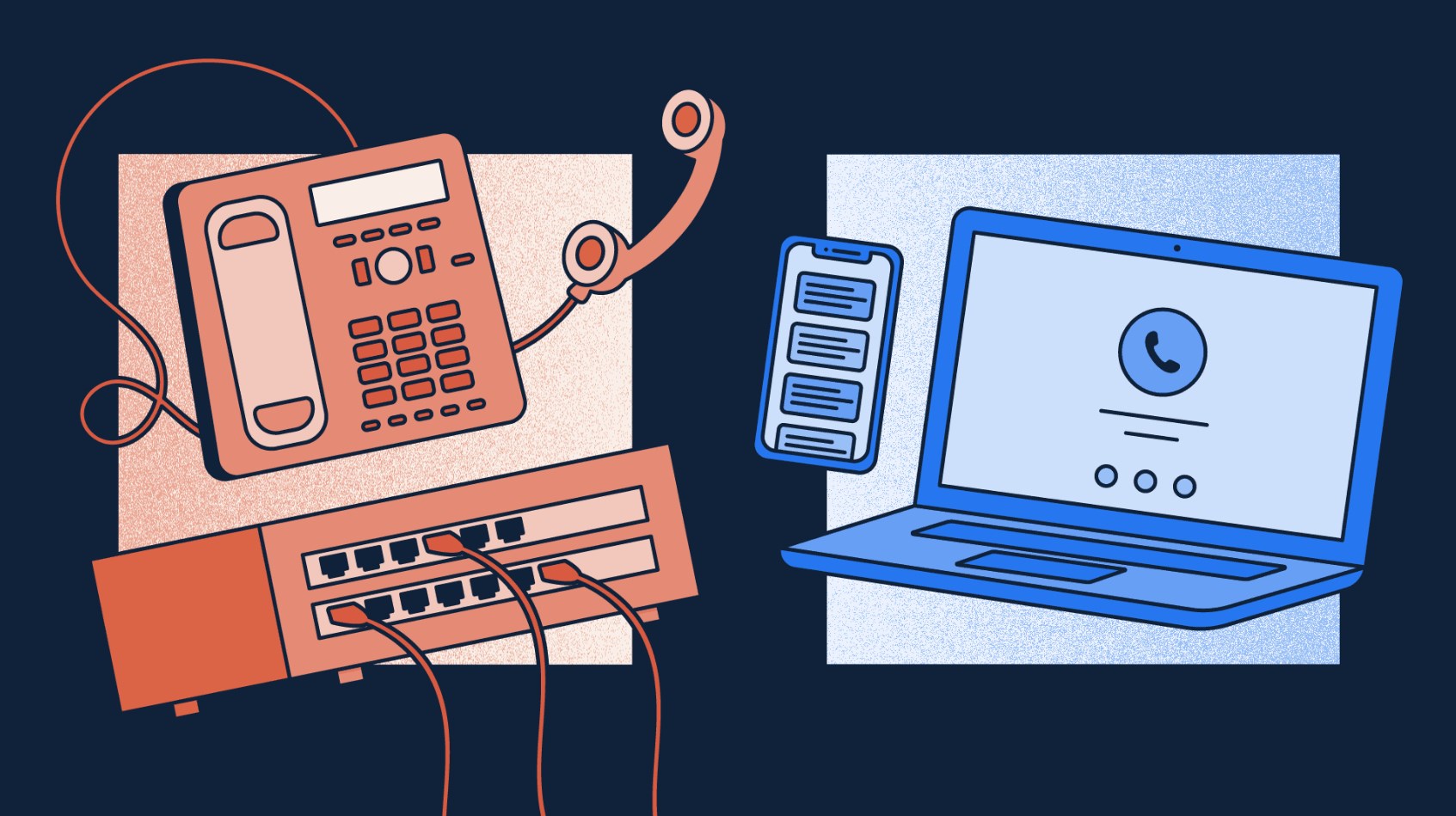The question of whether PBX is better than VoIP is one that has been debated for many years. The comparison between the two technologies is often made as a way of determining the best phone system for a business. While the two technologies share some similarities, they also have distinct differences. To determine which is best for any given situation, it’s important to understand the pros and cons of both PBX and VoIP.
Understanding PBX
PBX, or Private Branch Exchange, is an analog telephone system that is used by businesses. It is a traditional technology that has been around for many years and is still used in many commercial settings. The advantages of PBX include:
- Low-Cost Setup: PBX requires minimal setup and can be installed quickly and easily.
- Flexibility: PBX can be adapted to accommodate any number of users and can also be used with traditional landline and cellular phones.
- Scalability: PBX can be easily expanded to accommodate more users as the business grows.
Understanding VoIP
VoIP, or Voice over Internet Protocol, is a digital telephone system that uses the internet to transmit and receive calls. VoIP technology has emerged in the last two decades and is quickly becoming the preferred method of communication for businesses. The advantages of VoIP include:
- Low-Cost Calls: VoIP offers low-cost calling, as calls are made over the internet rather than through traditional phone networks.
- Easy Setup: VoIP can be quickly and easily set up and configured with minimal technical knowledge.
- Mobility: VoIP allows users to make and receive calls from any location with an internet connection.
Comparing PBX and VoIP
Now that we have a basic understanding of each technology, let’s take a look at the similarities and differences between PBX and VoIP.
Similarities: Both PBX and VoIP have low-cost setup and can be adapted to accommodate any number of users. Additionally, both technologies are easily scalable and offer mobility.
Differences: The main difference between the two technologies is that PBX uses traditional line networks while VoIP uses the internet. This means that VoIP provides a more cost-effective solution for long-distance calls, as calls are made over the internet rather than through traditional phone networks. Additionally, VoIP offers advanced features such as auto-attendants, call forwarding, and voicemail.
How does PBX or VoIP impact scalability and flexibility for businesses?
PBX (Private Branch Exchange) and VoIP (Voice over Internet Protocol) have revolutionized the way businesses communicate, both internally and externally. These technologies allow businesses to quickly scale up or down the number of phone lines they need, as well as have greater flexibility in the types of communication services they can offer.
PBX systems allow for more efficient call routing, as well as the ability to move or add new phone lines on the fly, depending on business needs. Additionally, PBX systems allow small businesses to call international numbers at a fraction of the cost of traditional phone services. VoIP systems offer even greater flexibility, with the ability to use multiple types of technology, such as mobile, web, and virtual phone systems. This allows businesses to quickly set up and manage their communication systems, providing greater scalability and flexibility. VoIP also allows businesses to access features such as voicemail, caller ID, and call forwarding, without the need for additional hardware.
Conclusion
When it comes to determining which technology is better, it ultimately comes down to the specific needs of the business. PBX is the more traditional and established technology, but VoIP offers a more cost-effective solution for long-distance calls. Ultimately, the decision between the two will depend on which features and capabilities the business requires.

